A Set of Differences and Relations
By Jiaqi Kang
Review of Pearls from Their Mouth by Pear Nuallak (UK: Hajar Press, 2022)
Uttaporn Nimmalaikaew - Fragile Life (2020), oil and acrylic on layered transparent fabric, 110 × 80 x 20 cm
Image description: A blue-toned painting of a girl with long, straight, black hair and red-light reflections on her face. Wearing a white shirt with a large collar, she has a forlorn expression on her face.
I always say, sort of jokingly but also very seriously, that if the apocalypse were to come, I would simply lie down and pass away. I can imagine both the end of the world and the end of capitalism –– they’ll probably happen together –– but it’s what comes next that fills me with uncertainty. When we’ve outrun the zombies and flash floods and have made a precarious home out of an abandoned schoolhouse, will we remember to be kind to one another? To pay attention, to be generous, to deal healthily with conflict? Will we build that better world we dream of, one without police, without prisons, without borders, without ableism and bigotry, without needless cruelty and greed?
Pear Nuallak offers a nuanced set of responses to these questions in their debut book, Pearls from Their Mouth. In this collection of fiction and essays from Hajar Press, a new UK-based independent publisher of books by and for people of color, Nuallak shows there is no perfect model for the future, even when one has all the ‘correct’ politics. To push it further: what is it that we seek when we search for easy, neat answers to tricky political questions? A sense of comfort? Permission to be complacent? A handing over of responsibility? A reason to look down on those who are ignorant? Nuallak suggests that answers can arise only from taking action: from delighting in the unexpected and the surprising, and letting our politics be enriched by practice.
Take ‘Fifth Finger, Left Hand’, the first of five fictional pieces in Pearls from Their Mouth. In this story, a pair of kinnaree (winged supernatural beings who can travel between worlds) from the Himmapan Forest live as humans in the modern world. The older sister, Ploy, marries a white man to immigrate from Thailand to the UK, leaving her unnamed younger sibling behind. Years later, Ploy escapes her husband and builds a Sanctuary in “the watery space between realms” where vulnerable women pay for safe shelter by giving up their memories. It is to this seemingly utopian space that Ploy brings the person she insists on calling her little sister. But the sibling, who has spent years searching for Ploy and is initially thrilled to be reunited, must face the realization that Ploy “is a stranger”: she believes her guardianship and power give her the right to override the agency of those under her protection, namely by coercing people to trade their memories for safety, without explaining the consequences of such a loss. Ploy denies that her sibling, her partner, and her guests all might chafe under her imposed authority, and she justifies herself by insisting she is a better alternative to the violence of the (British) state: “You know, at other places, people are made to recite their traumas repeatedly to access help. We’re different,” Ploy says. In the end, her sibling decides to leave the Sanctuary to live on their own terms.
Moving between different characters’ perspectives, ‘Fifth Finger, Left Hand’ initially establishes a conventional premise involving sisterhood, migration, and motherland. But Nuallak quickly undoes the reader’s expectations by letting the complexities of life into the Sanctuary, asking questions like: Who is ‘woman’, and how are the borders of womanhood policed? Does our pain and trauma define us? What is the best way to help others? To what extent are all relationships transactional? Can broken systems be reformed from the inside? It is natural to make mistakes, but Ploy’s fatal flaw is her unwillingness to change, which turns her ‘safe space’ into a festering wound. All of this suggests to the reader that even the best-intentioned initiatives can falter if power is not distributed equally, and being a marginalized person who cares for fellow marginalized people does not shield one from criticism.
Uttaporn Nimmalaikaew - Invisible World (2020), oil on layered transparent fabric, size dimensions variable
Image description: A double-exposure image of a man sitting cross-legged, wearing a white imperial Chinese-style uniform with gold embellishments. His eyes are closed with a peaceful facial expression. He is sitting in front of a brightly coloured, holographic backdrop.
Another of Nuallak’s stories that stood out to me was ‘Skin Like Sunlight Through Water’, which explores the co-dependent relationship between a mother and daughter. The daughter, Thames, struggles to be her authentic queer self, fearing that to assert her own personhood would be to betray her mother, Nipah. “If I was a better daughter I could handle it,” Thames says of Nipah’s constant violations of her boundaries.
This deeply personal immigrant dilemma feels all-too-familiar to me. It was also the central theme of the recent Asian-American science-fiction film Everything Everywhere All at Once (2022). In the movie, a mother and her queer daughter, played by Michelle Yeoh and Stephanie Hsu respectively, fight each other across parallel universes but ultimately reconcile through a conversation in the parking lot outside their laundromat. Yeoh’s character learns to accept her daughter’s girlfriend into the family and to live a content life not ruled by disappointment and what-ifs.
While ‘Skin Like Sunlight Through Water’ also uses speculative elements (in this case, an app that allows dream-sharing) as a channel for its emotional arc, Nuallak refuses to hand us such a simple resolution. The penultimate scene in Nuallak’s story shows Nipah visiting Thames’ dream and seeing her converse with her queer friends, whose influence Nipah feels will corrupt her daughter. Enraged, anxious, and confused, Nipah brings a flood into the dream; as the others flee and the water crashes down upon Thames, “she is completely still, floating.” Nipah’s journey to recognition of, and accountability for, her treatment of Thames is a long and non-linear one that stretches beyond the end of the story. This open-ended, unconventional approach to conflict stands in contrast to Everything Everywhere All at Once, which, as British journalist Ian Wang writes, “is teleologically structured around that final reconciliatory conversation,” as though one conversation could be so meaningful as to soothe the pain of many lifetimes.
It’s also apt to bring up Everything Everywhere All at Once here because of the way that movie –– like any movie with Asian cast members –– inevitably raises broader questions about representation. What is ‘good’ or ‘correct’ representation? Were any cultures appropriated in the making of this film? Were communities empowered? RepresentAsian (meaning Asian representation in media and society, but also sometimes used to describe an Asian person who cares only about such representation) is a central issue in Pearls from Their Mouth. RepresentAsians believe that mainstream visibility –– manifested through movie stars and CEOs who ‘look like us’ –– might bring individuals a sense of validation and belonging. Such an idea suggests that the feeling of having one’s identity confirmed is the key to ending oppression, which masks material issues like housing discrimination and immigration rights. Part of what makes Nuallak’s book so strong compared to the typical Instagram infographic on ‘stopping Asian hate’ is its rejection of RepresentAsian’s shallow, perhaps counter-productive contribution to activism.
RepresentAsian is insidious because it presents Asians as a monolith and erases the experiences of Asians who are not poster children for white Western acceptance: undocumented people, sex workers, dark-skinned people, anyone who makes ‘us’ look ‘bad’. As Nuallak aptly puts it, RepresentAsian “remains an essentially neoliberal project. To the RepresentAsian activists, the problem is not capitalism but rather that ESEAs (editor: East and Southeast Asians) do not feature more prominently among the higher rungs of its hierarchy.” This lack of desire to interrogate the capitalist system that undergirds racism is especially apparent when we examine the subtle anti-Blackness of much RepresentAsian struggle against Asian ‘invisibility’. Responses like ‘If they’d said the N-word, people would be mad, but when it’s against Asians…’ not only completely dismiss the Black struggle but also overwrite the fact that Asian and Black histories are entangled and that it makes no sense to see Black and Asian liberation as separate.
Similarly, Nuallak’s discussion of transphobia and queer politics is sharp yet patient, unyielding yet considerate. In ‘Ancestor, Trancestor’, one of the issues Nuallak tackles is the question of what it means for trans-people to dig through the past for icons to venerate. Considering that gender and sex have been constructed and maintained socially in vastly different ways across human history, it can be difficult for us to productively label certain figures as trans. But perhaps we seek to use history to establish a sense of legitimacy, a justification for our existence today, ‘trancestors’ paving the way for future assimilation and acceptance. Perhaps we are imagining a bygone time when life was better and safer for trans-people.
Either way, the impulse to create trancestors seems to be driven by the idea that capital-H History (or even Herstory) makes community. But the writing of History is determined by power relations, where certain icons are elevated to national mythology at the expense of alternative, not-so-neat, smaller-scale stories. Nuallak writes, “It should concern us when community is turned into a symbol, thin as a coin, rather than a set of differences and relations we make through joyful and difficult struggle.” At the end of the day, Nuallak reminds us, “If we want to bring up Marsha P. Johnson, Sylvia Rivera, Stormé DeLarverie, Miss Major or any other historical icon, then it should be to remind ourselves of how we need to act, care as not just feeling but as action; transness as action; art as action.” (My emphasis.) Care-as-action can bring us together. Togetherness should come from a place of radical inclusion, not the suspicious exclusion on which the nation-state builds itself. “We dream of a Queer Nation,” Nuallak concludes in this passage, playing on the name of an activist group from 1990s New York, “but the Nation is what we must destroy.”
Nuallak’s fiction is full of symbols, which frequently makes it come off as heavy-handed. In part due to their brevity, the stories in Pearls from Their Mouth are burdened with allegory; every incident, every dynamic must not only succeed within the narrative but also represent a real-world dilemma with all its contradictions and complexities. This desire for every fictional piece to contain lessons or pointers also means that Nuallak sometimes prioritizes such themes over aesthetics and craft. For instance, their characters’ important internal shifts are sometimes just stated outright. In ‘Fifth Finger, Left Hand’, Ploy’s sibling decides to leave the Sanctuary by thinking to themself: “I used to think finding my sister would complete me, but only I can do that. Her real gift to me has been a new sense of clarity, and I will allow myself to be grateful for this.” In ‘Skin Like Sunlight Through Water’, Nipah is comforted by her more open-minded friend, who “murmur[s] things that she [Nipah] needs to hear but struggles to accept.” Were these stories longer, the reader might be able to come to their own understanding without such shortcuts.
At the end of the day, this book is an act of propaganda –– at which Nuallak succeeds, especially through their combination of allegorical fiction with non-fiction pieces. Pearls from Their Mouth is an unapologetically political work of art, not so much a call-to-arms (as that would be too simple) but a book dedicated to an audience already at arms, whose arms are sore but who are keen to keep fighting. It’s a book that holds its reader in high esteem, that is, it speaks clearly and straightforwardly without talking down. “Contrary to popular narratives about the motivations of racialised queer authors, I write with the presumption of your disagreement and confusion,” Nuallak says in one essay, “not with the expectation of speaking into an echo chamber.” It’s unclear exactly how Nuallak expects the reader to feel “confusion” here, because the book as a whole strives for clarity, sometimes to its own narrative detriment; perhaps they do not wish to over-explain their own racialised queer life experiences for the sake of entertainment. But I appreciate the provocation behind the sentence and the rejection of the idea that political discussion should be perfectly comfortable. This approach is what forms the basis of solidarity, of comrade-ship in political work: we don’t have to agree on everything. All we need is to trust that others care as much as we do. The rest will come.
Uttaporn Nimmalaikaew - Deep Inside Buddha No. 2 (2017), oil on layered transparent fabric, 117 x 170 x 25 cm
Image description: A painting of a Buddha figure wrapped inside a thin, veil-like fabric. The figure is lying horizontally over some sheets of bright red cloth.
Jiaqi Kang is the founding editor-in-chief of Sine Theta Magazine, an international, print-based publication made by and for the Sino diaspora. They are a doctoral student in art history, researching hygiene politics in postsocialist Chinese art. Their fiction has been listed on the Wigleaf Top 50 2022. Find them online: jiaqikang.carrd.co.
*
Uttaporn Nimmalaikaew was born in Bangkok in 1980, received his Bachelor of Fine Arts from King Mongkut’s Institute of Technology and Master of Fine Arts from Silpakorn University.
If you’ve enjoyed reading this article, please consider making a donation. Your donation goes towards paying our contributors and a modest stipend to our editors. Singapore Unbound is powered by volunteers, and we depend on individual supporters. To maintain our independence, we do not seek or accept direct funding from any government.


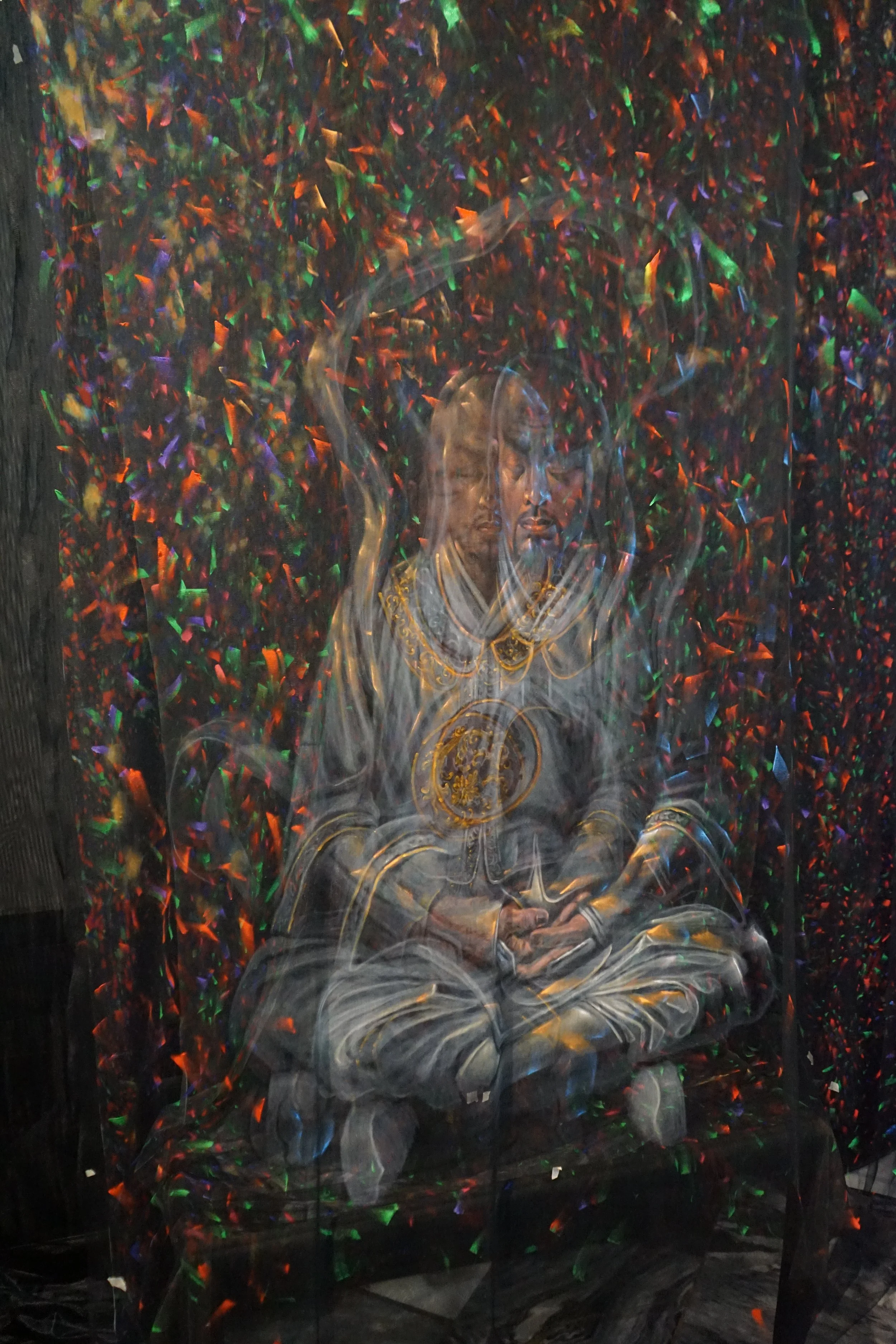

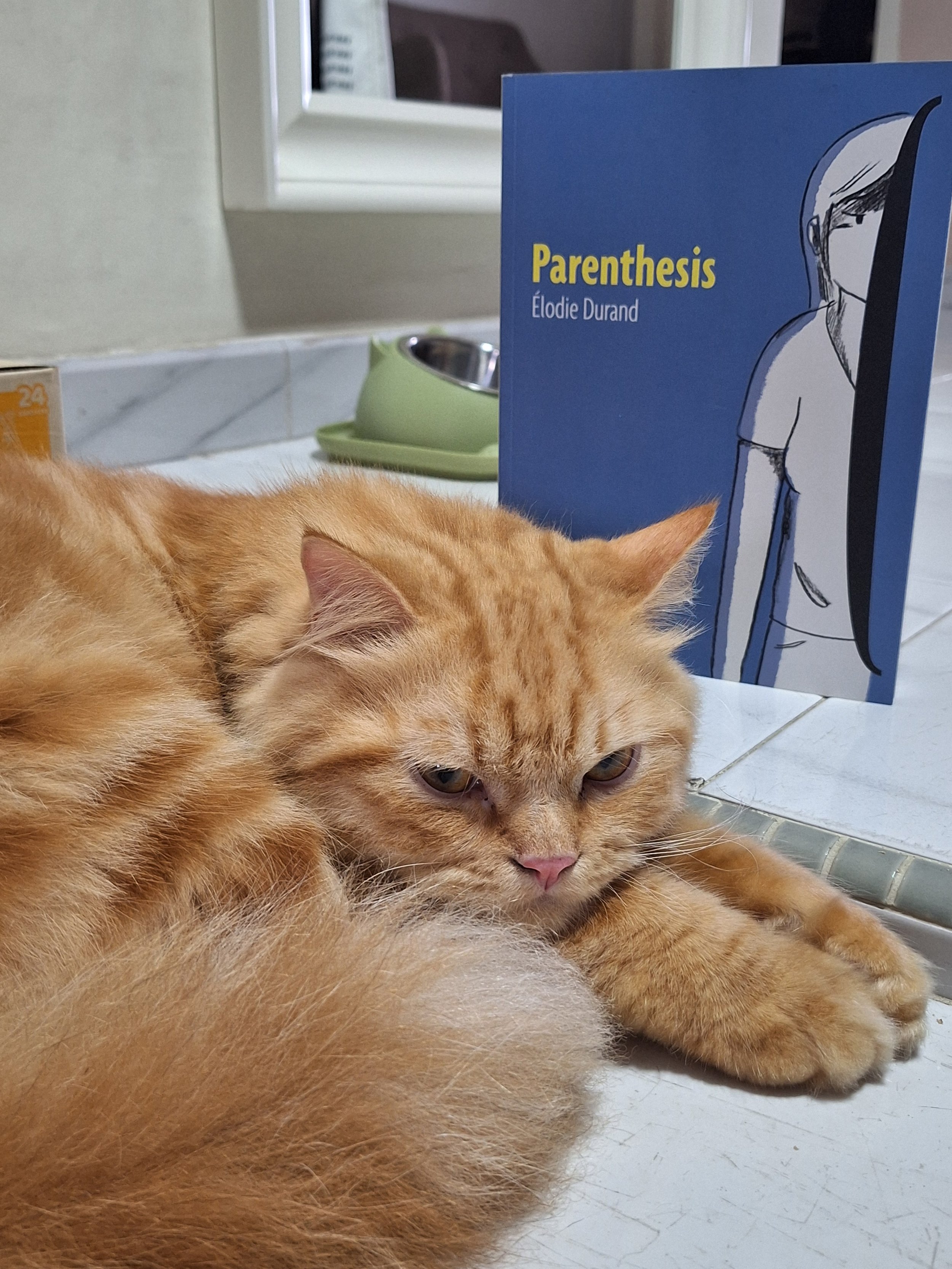
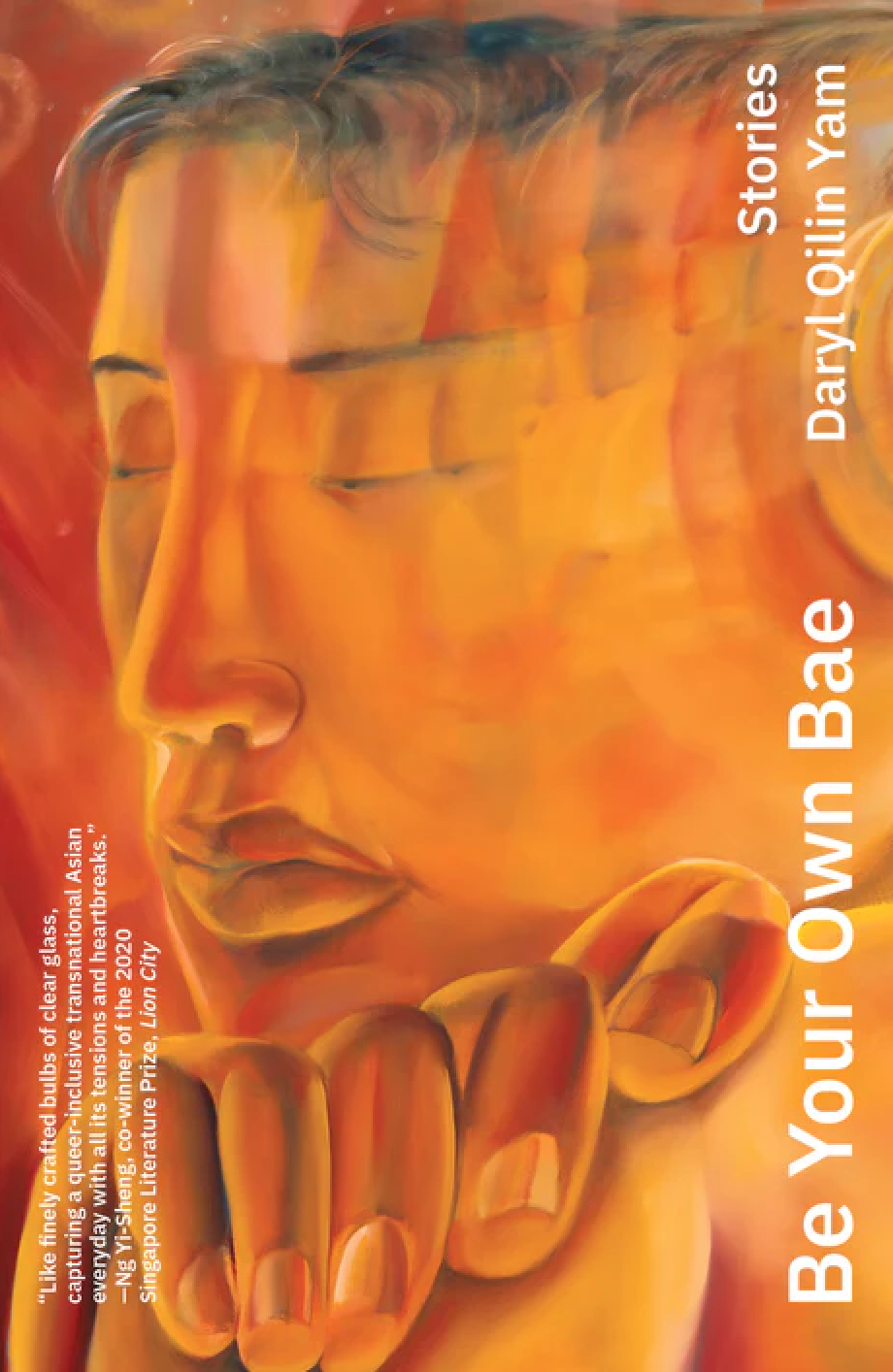
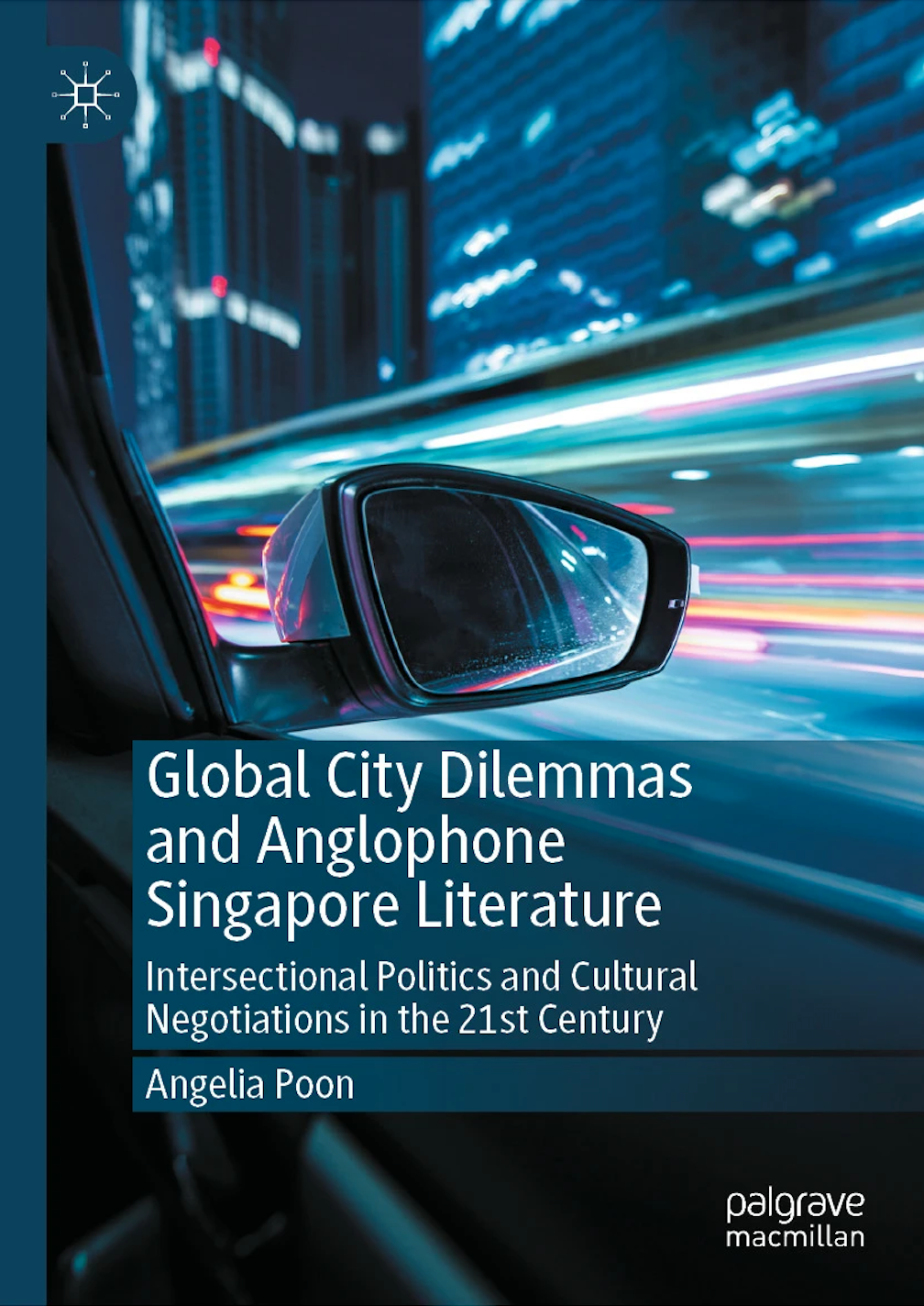
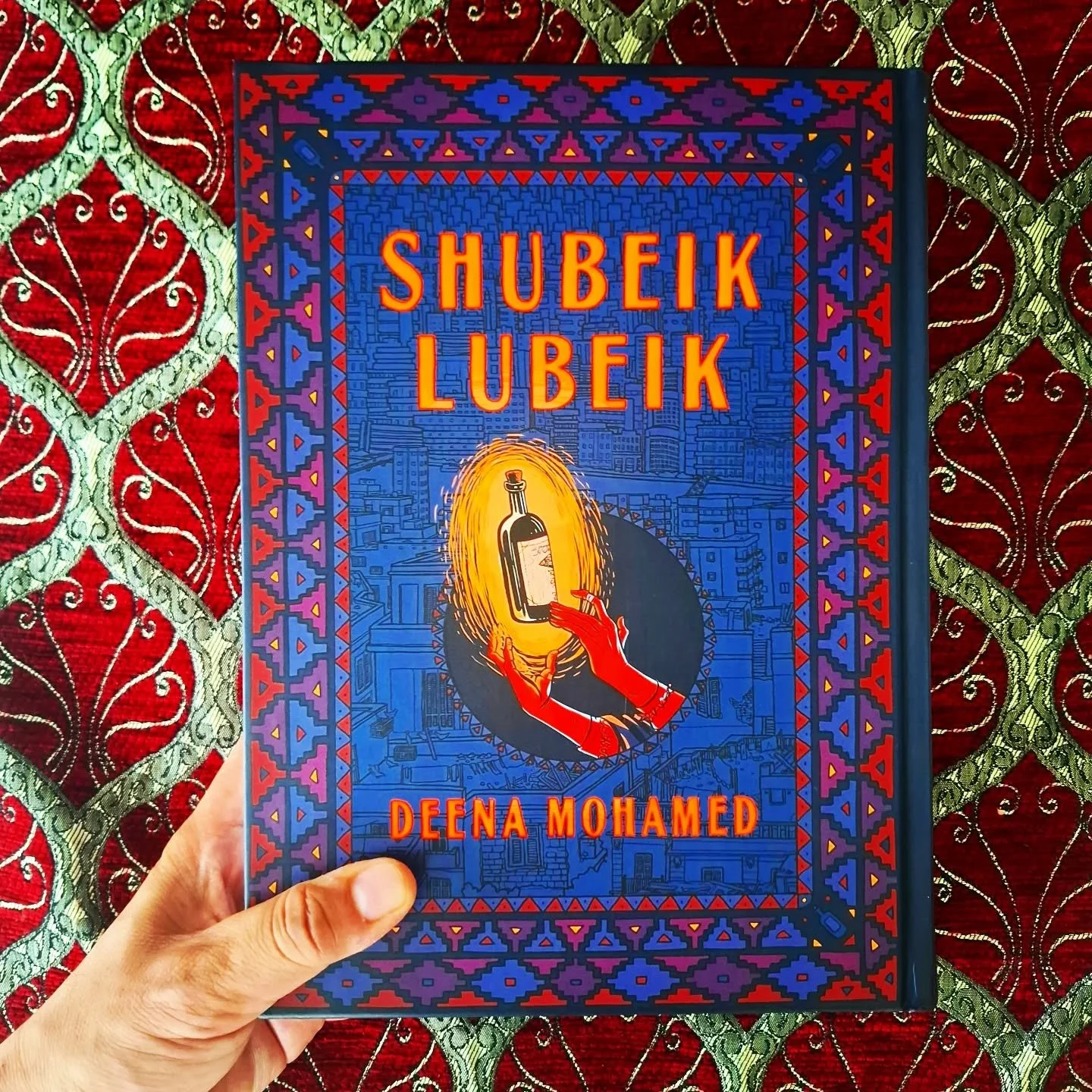



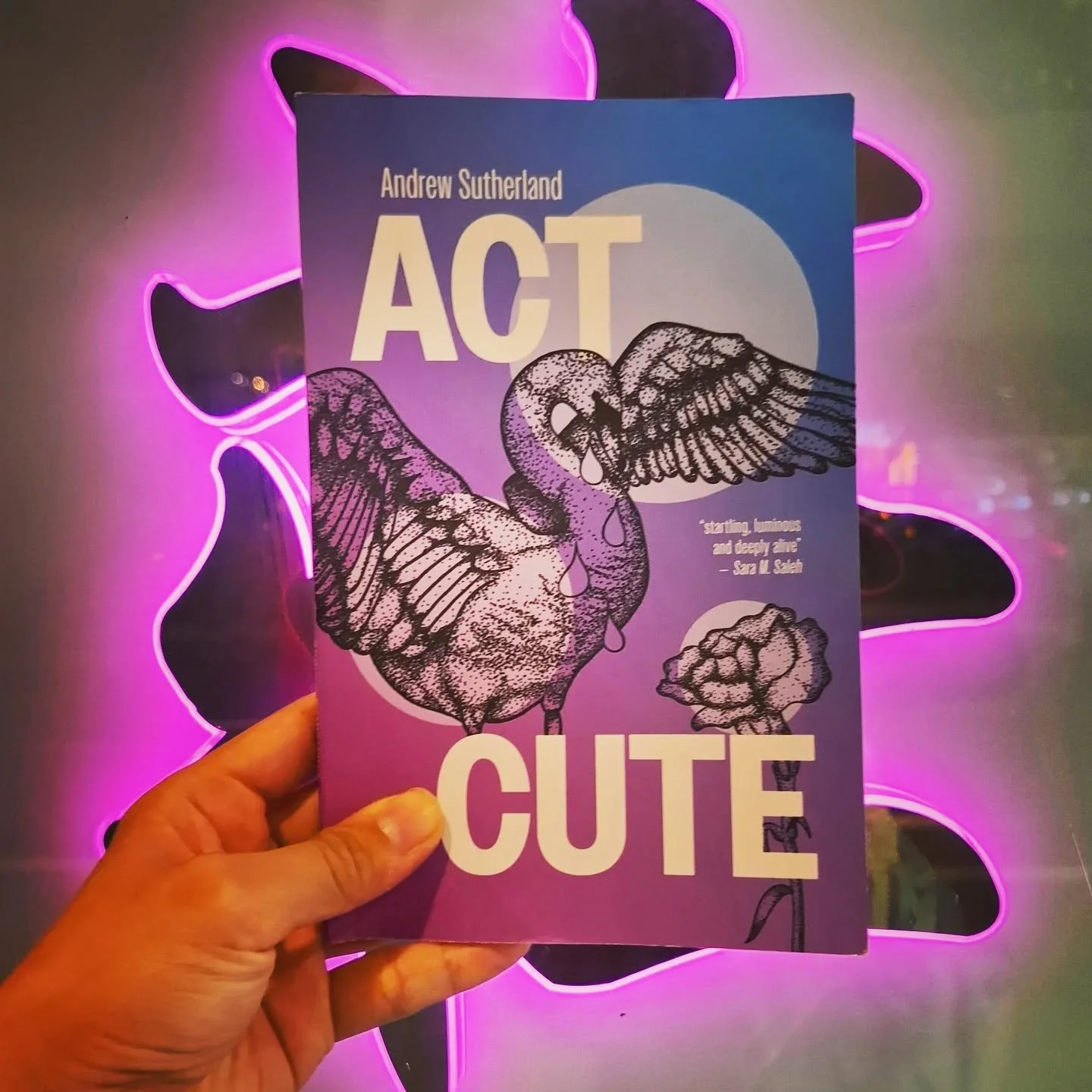
In Taiwan Travelogue, ‘twinned souls… are at once lost, but also found, in translation.’ A review by Eunice Lim.